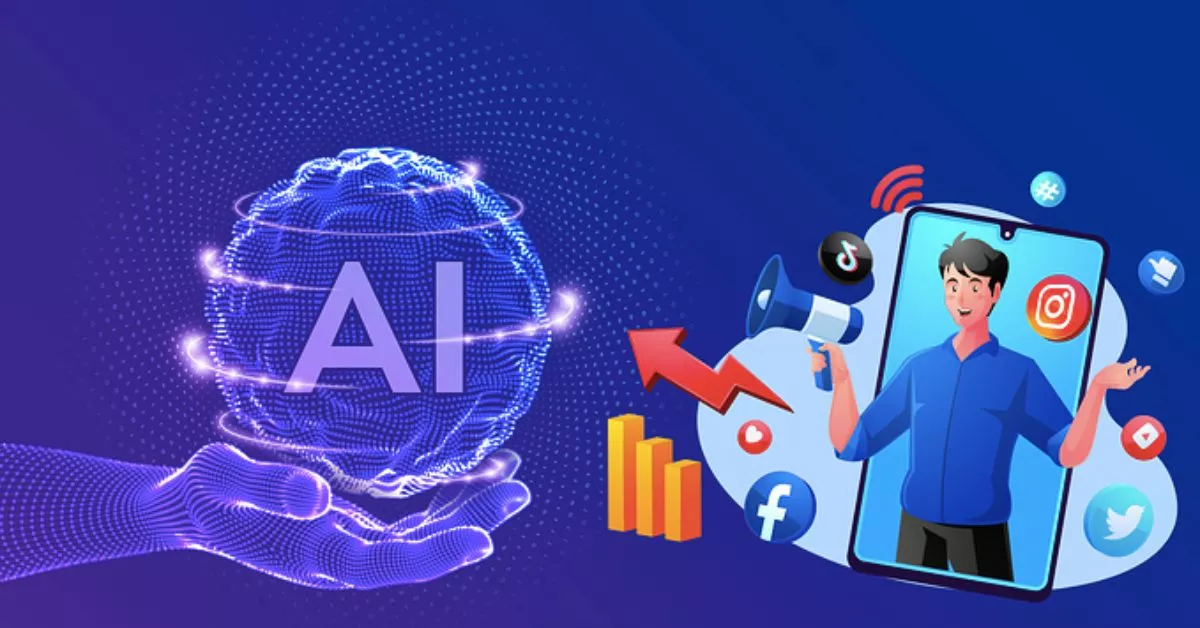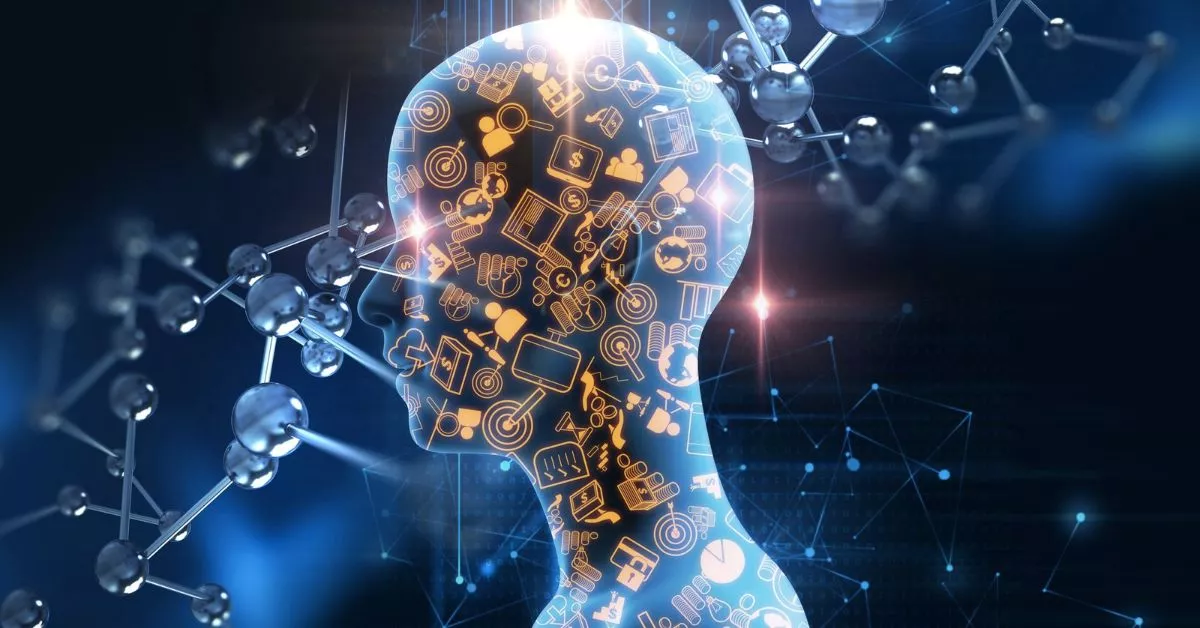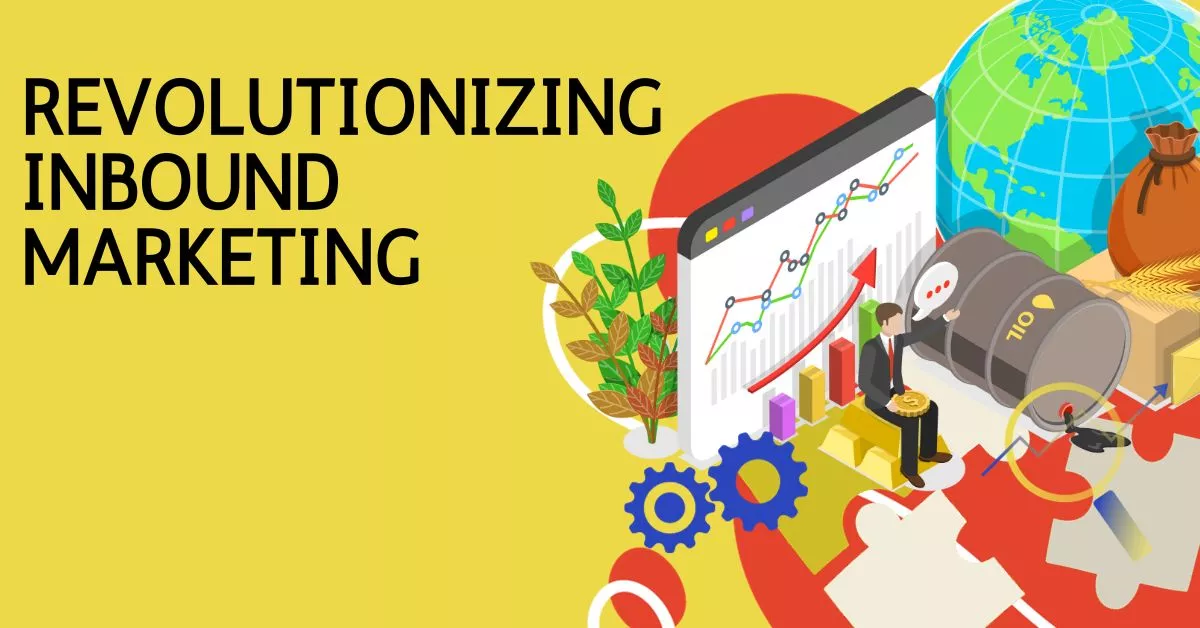Artificial Intelligence (AI) has had a profound impact on inbound marketing, revolutionizing the way businesses attract, engage, and delight their customers. Here’s how AI has transformed inbound marketing strategies:
1. Data Analysis and Insights:
- Big Data Processing: AI algorithms can swiftly process massive datasets, providing marketers with valuable insights into customer behaviors and preferences.
- Predictive Analytics: AI predicts future trends based on historical data, enabling marketers to anticipate customer needs and tailor their strategies accordingly.
2. Personalized Content:
- Content Customization: AI analyzes user data to create personalized content, ensuring that marketing messages resonate with individual customers.
- Dynamic Content: AI-driven tools personalize website content in real-time based on user behavior, enhancing user experience and engagement.

3. Chatbots and Customer Support:
- 24/7 Assistance: AI-powered chatbots offer round-the-clock customer support, answering queries, resolving issues, and providing product recommendations instantly.
- Natural Language Processing (NLP): Chatbots equipped with NLP capabilities understand and respond to customer inquiries in a human-like manner, improving customer satisfaction.
4. SEO and Content Optimization:
- Keyword Research: AI tools analyze search patterns to identify relevant keywords, aiding marketers in optimizing their content for search engines.
- Content Generation: AI-generated content tools assist marketers by providing initial drafts and ideas for blog posts, social media updates, and product descriptions.
Also check-
- Redefining Business Success Through Digital Marketing: Mastering the Online Landscape.
- Standard Chartered and Meta: A Digital Marketing Revolution for Retail Banking.
5. Email Marketing:
- Email Personalization: AI analyzes customer interactions to craft highly personalized email campaigns, improving open rates and conversions.
- Optimal Send Times: AI determines the best times to send emails based on recipient behavior, increasing the likelihood of engagement.
6. Social Media Management:
- Content Scheduling: AI tools schedule social media posts at optimal times, ensuring maximum visibility and engagement.
- Sentiment Analysis: AI analyzes social media mentions and comments to gauge public sentiment, allowing businesses to respond promptly to positive or negative feedback.
7. Lead Generation and Scoring:
- Lead Qualification: AI algorithms assess leads based on their behavior, interactions, and demographics, helping businesses focus their efforts on high-value prospects.
- Automated Follow-ups: AI-driven systems automate follow-up emails and messages, nurturing leads through the sales funnel without manual intervention.
8. Performance Measurement:
- Real-time Analytics: AI provides real-time insights into campaign performance, allowing marketers to make data-driven decisions and optimize their strategies on the go.
- Attribution Modeling: AI helps attribute conversions to specific marketing touchpoints, providing a clear understanding of each channel’s impact on the customer journey.

In conclusion, AI has transformed inbound marketing by making it more data-driven, personalized, and efficient. By leveraging AI technologies, businesses can create highly targeted marketing campaigns, improve customer experiences, and ultimately drive higher ROI from their inbound marketing efforts.
